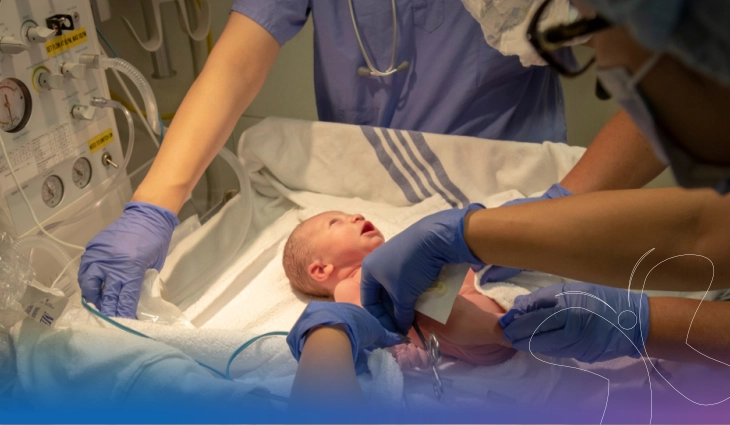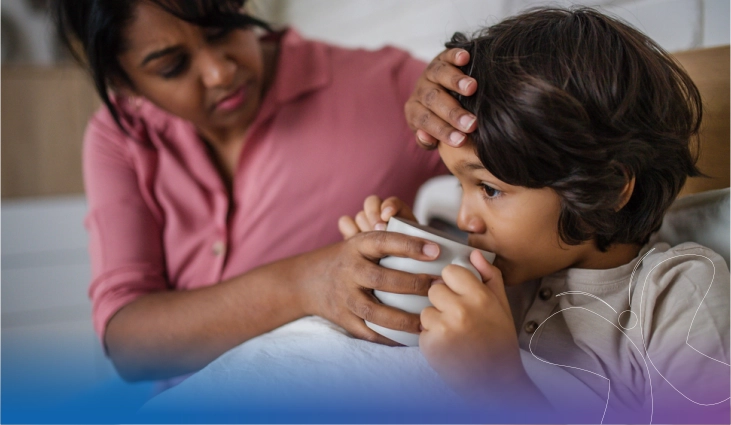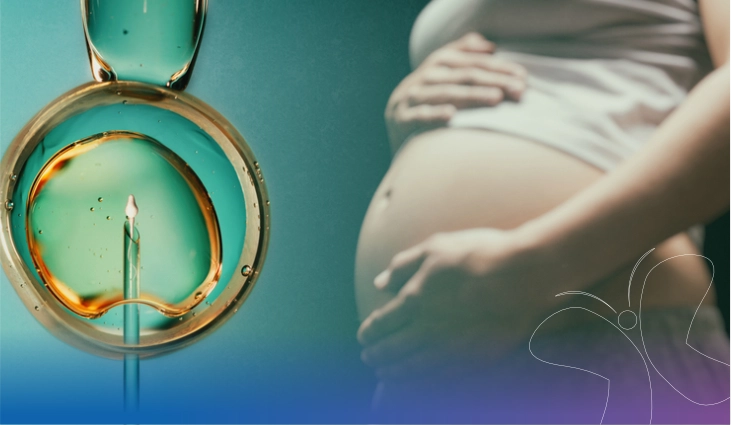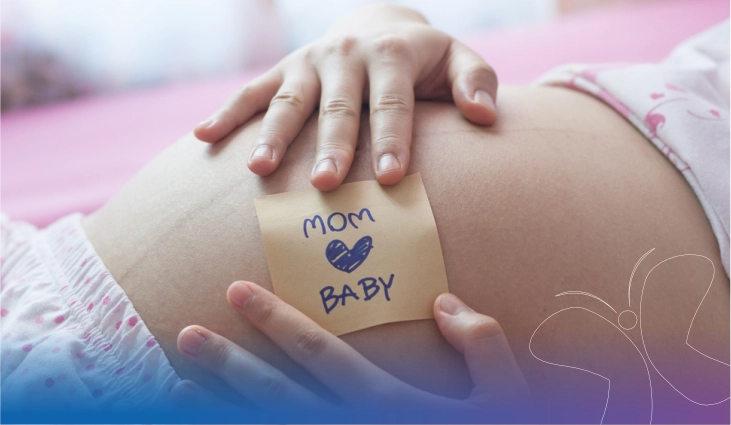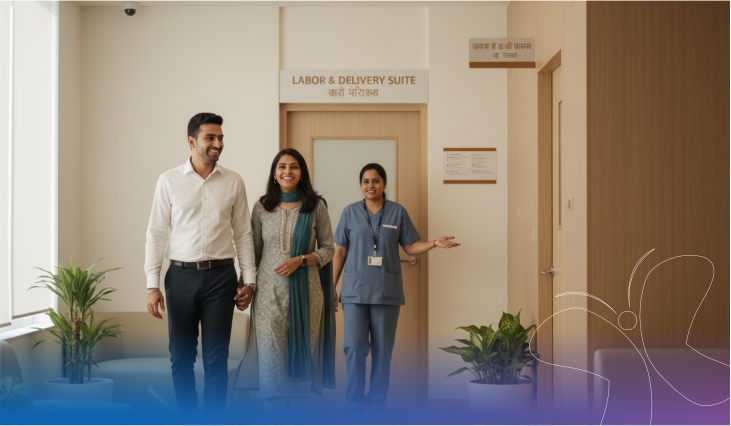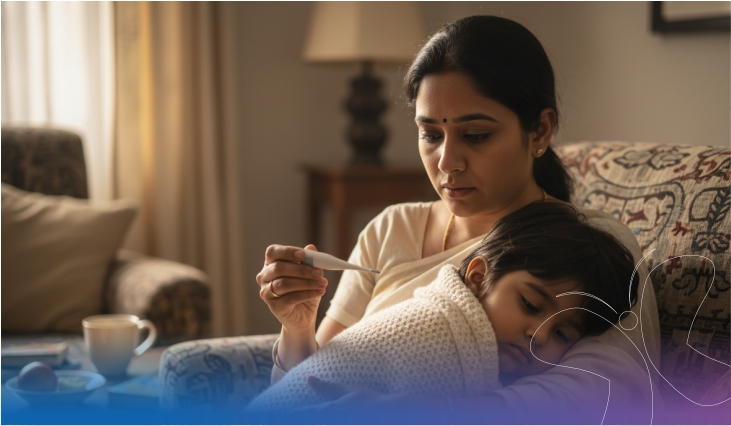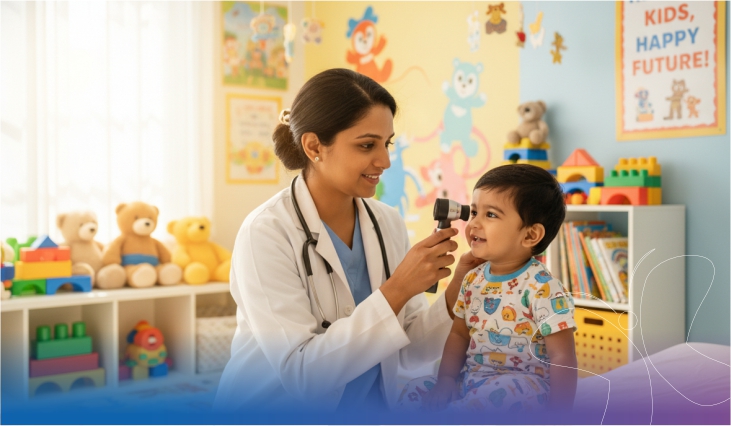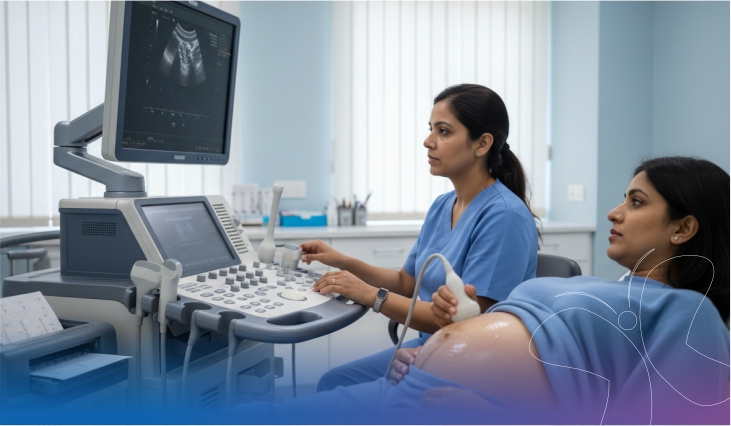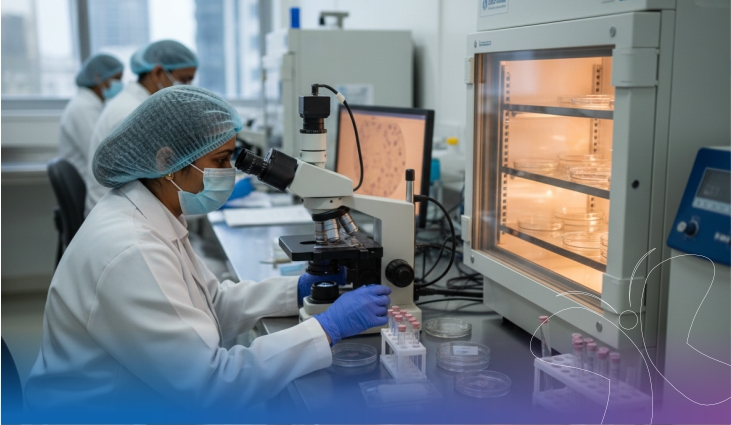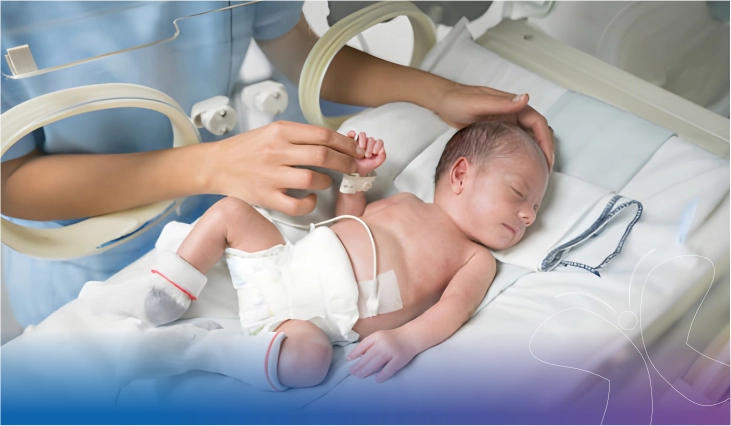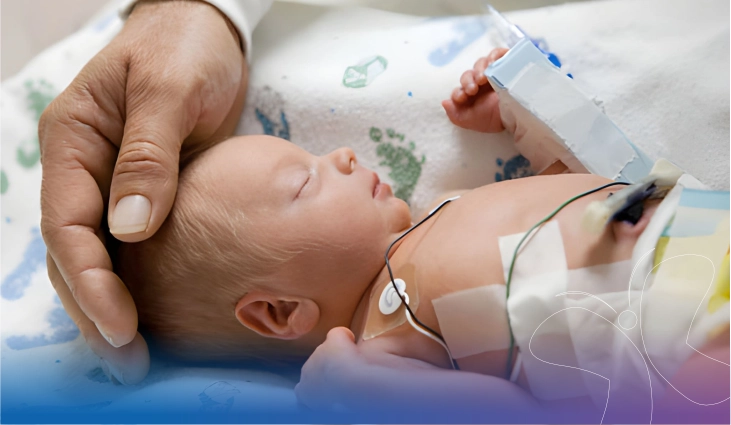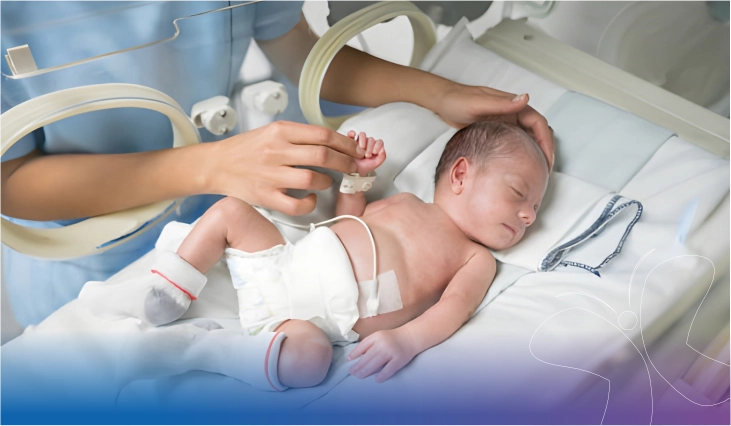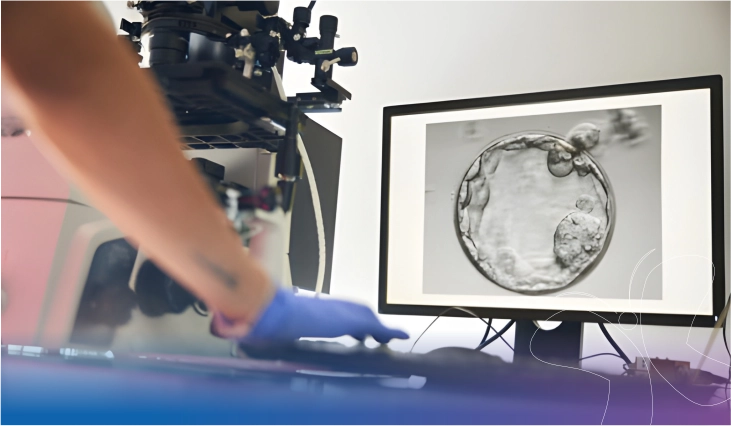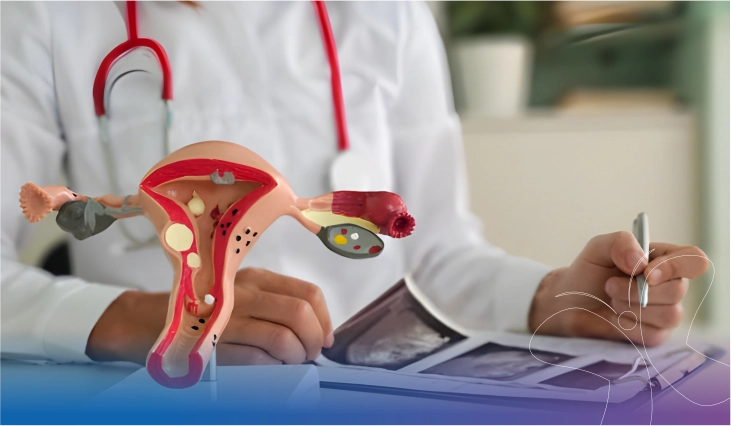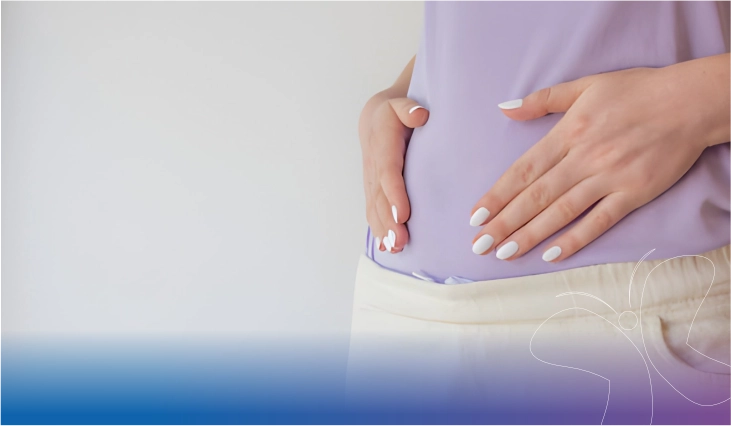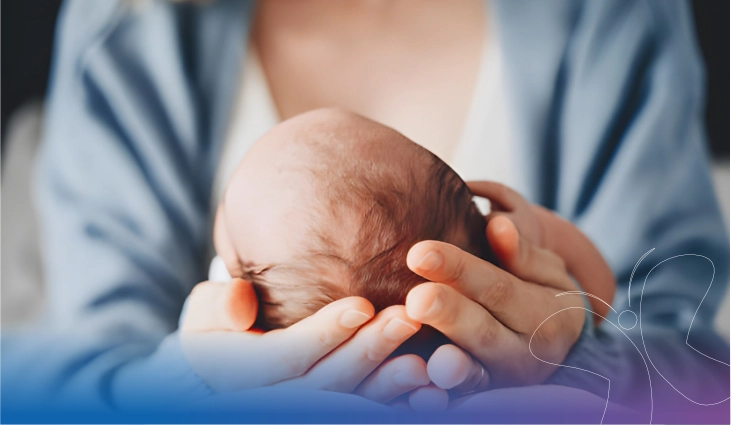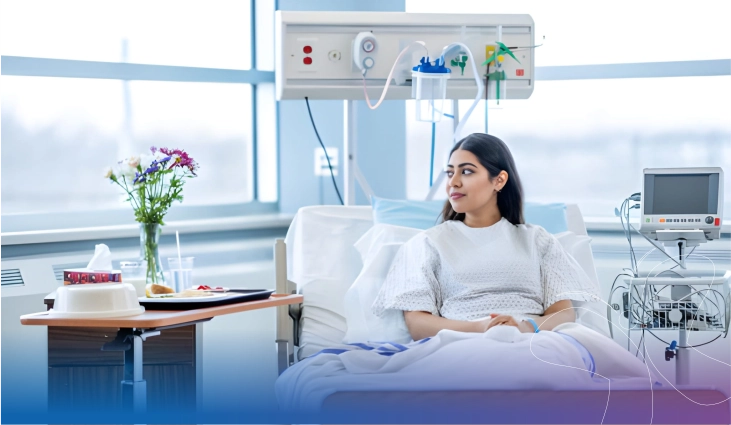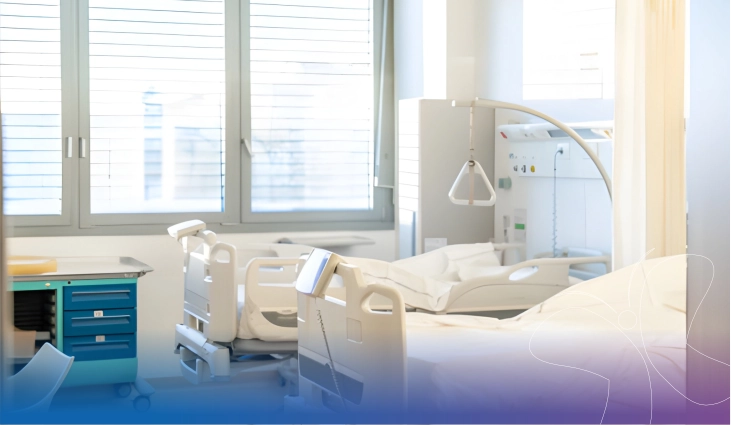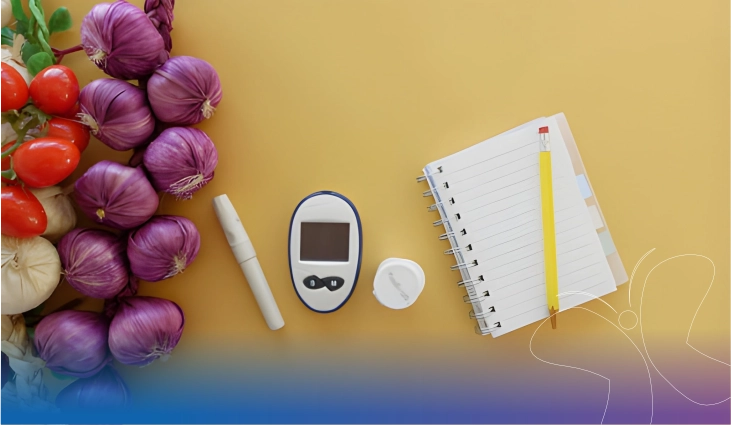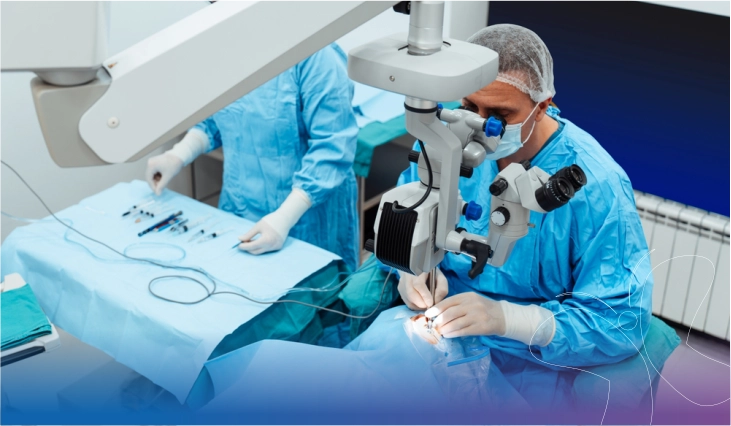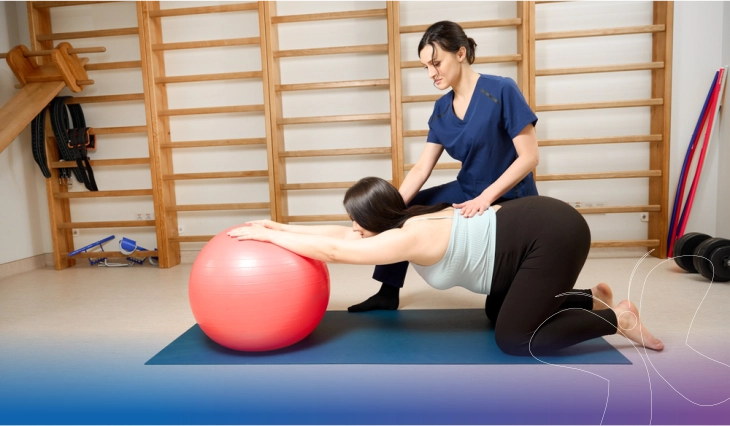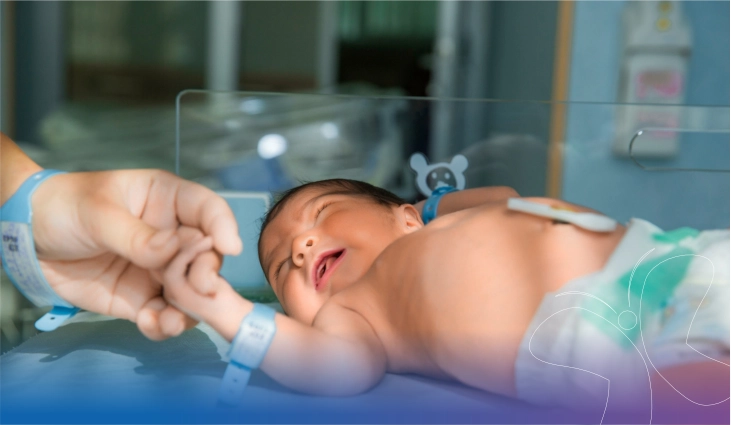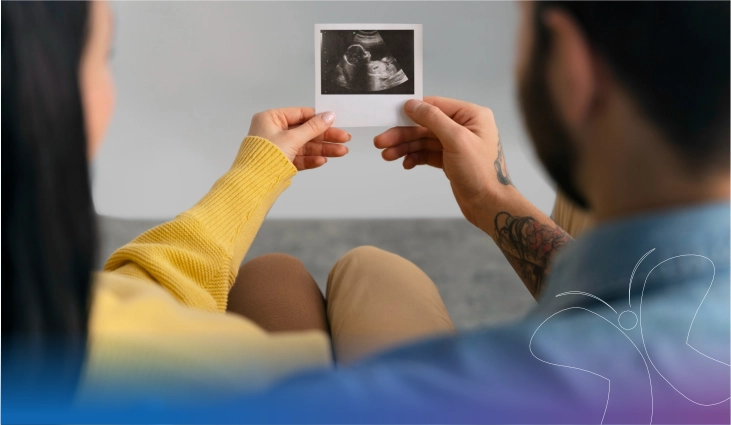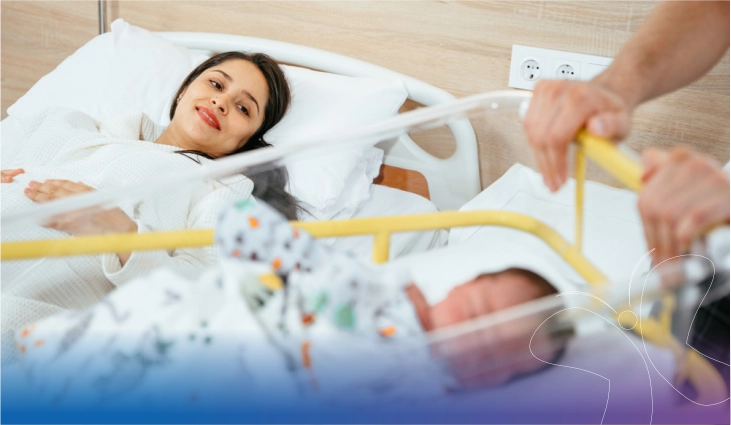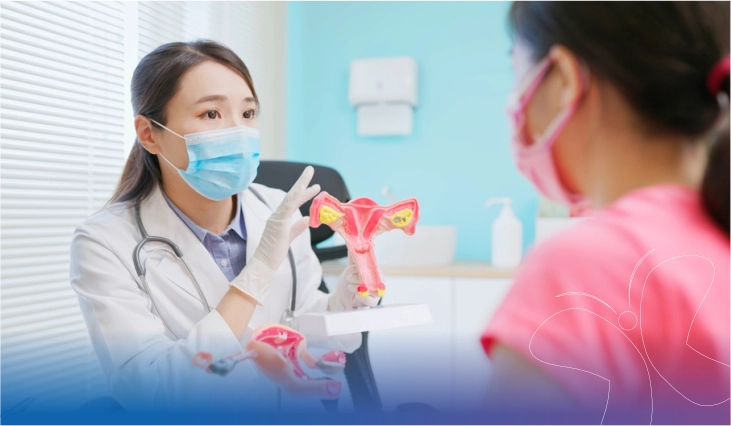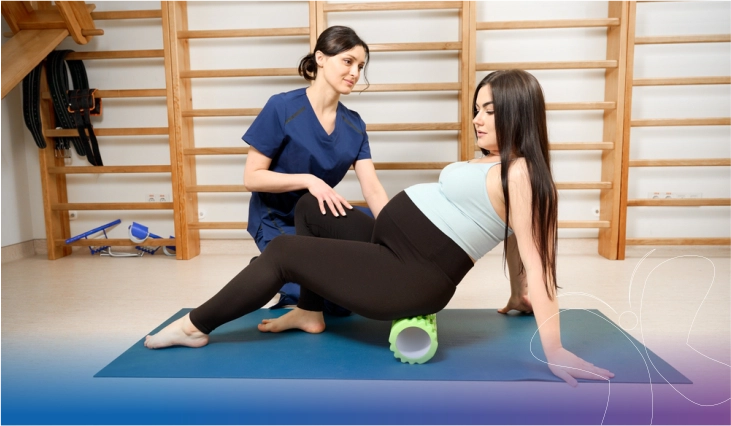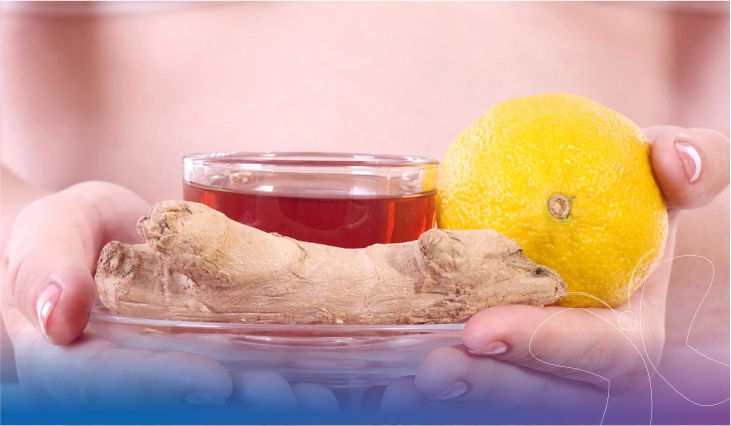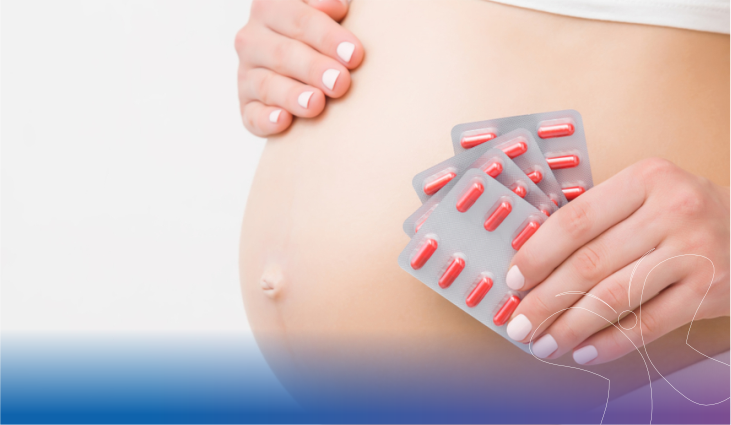Having a baby changes things in a big way. There is a lot of delight, excitement, and maybe even some stress. Taking care of a baby can be really hard, especially if you're a new parent. Be very careful with babies. You need to know what they need and always be there for them. Taking care of your child by feeding them, bathing them, or making sure they get enough sleep is highly important for their health and comfort.
This blog will talk about important things that every parent should know about Newborn care tips. We will also talk about specialized medical treatment for babies that need it, such as the Neonatal Intensive Care Unit (NICU).
1. Giving your baby food
A healthy diet is highly crucial for your baby's health. Breastfeeding is very important for the first six months because it gives babies important nutrients and antibodies and helps them bond with their moms. If a mother can't breastfeed her baby, the doctor may tell her to give the infant formula to make sure it gets enough to eat.
- When your child asks for food, give it to them, not at specified times. Most of the time, babies need to be fed every two to three hours.
- Always feed your baby while they are sitting up so they don't choke or puke up.
Burping a baby after each meal helps them feel better by getting rid of the air they swallowed.
2. It's really vital to get enough sleep.
A baby needs a lot of sleep to grow and learn. Newborns don't sleep for long periods of time; they usually only sleep 14 to 17 hours a day. It's really vital to have a safe sleep regimen.
- Every time you put your baby to sleep, do it on their back. This lowers the risk of sudden infant death syndrome (SIDS).
- Make sure your mattress is firm and that there are no toys, pillows, or blankets on it.
For the first six months, keep the crib in your room so you can see the infant.
3. Taking a bath and staying clean
You need to be extra attentive when you take care of a newborn's skin. You don't have to give your baby a bath every day. You only need to give your infant two or three sponge baths a week until the stump of the umbilical cord falls out.
- Don't use baby soap that is too strong or smells bad.
- Wash the diaper region often to keep rashes from happening.
- Keep your nails short and neat so you don't scratch.
Caregivers also need to keep things clean. Always wash your hands before you touch the baby so they don't become sick.
4. Learning how to understand what your infant is trying to communicate
You can tell someone about anything you see, hear, or do. You can become closer to your baby by knowing what they want to communicate.
- If the baby cries in a high-pitched voice, it can mean they are hungry.
- Your infant may be irritable after eating because they have gas or are hurting.
- Your infant is tired if they keep yawning or rubbing their eyes.
When you give your child quick replies, it shows that you care and helps them trust you.
5. Getting regular exams and vaccinations
Vaccines keep newborns from getting sick and dying. Parents need to pay close attention to the vaccine schedule that their child's doctor gives them. Doctors can keep an eye on growth, find health problems early, and give rapid relief with regular checkups.
6. How to be safe and comfortable at home
- Keeping a baby safe is one of the best things you can do for them.
- Don't let the infant sleep on the couch or bed by themselves.
- Make sure the room isn't too hot or too cold by checking the temperature.
- Avoid strong smells and cigarette smoke.
A peaceful, quiet place also makes the infant feel comfortable and stops them from getting too excited.
7. When babies need extra care, it's important to know what NICU support is.
Most babies are born healthy and don't have any problems, but some may need extra medical care because they were born too early, were too small, had an infection, or had a birth defect. This happens in the Neonatal Intensive Care Unit (NICU).
NICUs have the most up-to-date equipment and staff who are trained to care for babies who need close monitoring and treatment. The NICU has everything a sick infant needs to stay stable, like incubators to keep their body temperature steady and ventilators to help them breathe.
Parents should realize that being in the Neonatal Intensive Care Unit (NICU) doesn't mean that something is always wrong. Giving the baby the best chance of a successful start is typically only a safety step.
8. The mental health of the parents
When you take care of a newborn, you have to consider both the baby and the parents. Sometimes it can feel like too much when you don't get enough sleep, your hormones change, and you have to deal with the stress of being responsible. You could accomplish these things:
- Do things with your pal one at a time.
- It's appropriate to ask your friends and family for aid.
- Get advice from your child's doctor.
- Take care of yourself, even if it's only a little nap, a walk, or some time to meditate.
A parent who is healthy can take better care of a child who is healthy.
Last Thoughts
The first few months of a baby's existence are very important for their health and growth throughout the rest of their life. At first, it could seem hard, but knowing what to do and following some easy Newborn care tips will help. The Neonatal Intensive Care Unit (NICU) and other places make sure that babies who require special help get the finest care possible.
At Flowrence Hospital, we are dedicated to provide parents the greatest medical care, education, and support so they may raise their kids in the safest and healthiest way possible.








